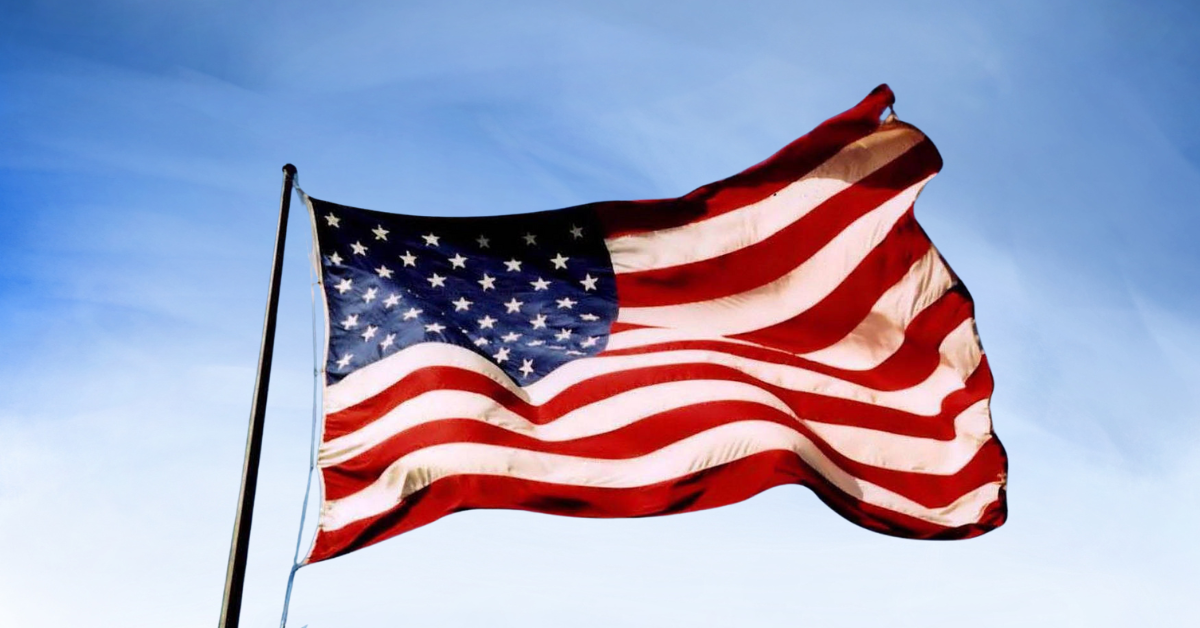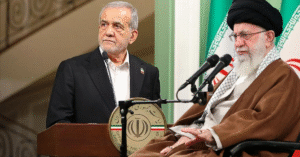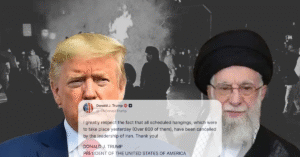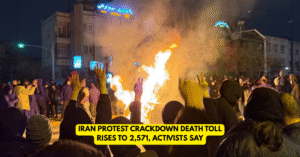NEW YORK | August 4, 2025 — In a sharp rebuke, Stephen Miller, Deputy Chief of Staff to President Donald Trump, claimed that India’s continued purchase of Russian oil is effectively helping fund Russia’s war in Ukraine. The remarks, made during an interview on Fox News Sunday, come amid renewed scrutiny of India’s trade and energy policies.
Miller pointed to India’s sizable imports of Russian crude, noting that the country has become one of the top two global buyers, alongside China.
“People would be shocked to learn that India is basically tied with China in purchasing Russian oil,” Miller stated. “While India brands itself as a close U.S. ally, its economic actions tell a different story.”
Trade, Tariffs, and Strategic Frustration
The criticism is part of a broader Trump administration narrative that questions India’s commitment to U.S. strategic interests, particularly in light of the Ukraine war. Miller also repeated longstanding grievances about India’s trade practices, describing them as protectionist and harmful to American industry.
He specifically cited:
- High tariffs on U.S. goods
- Alleged immigration policy abuses
- Military dependence on Russia, including past arms purchases
President Trump has often voiced frustration with what he views as an imbalanced trade relationship, saying earlier this year:
“India is our friend, but for decades they’ve maintained some of the world’s highest tariffs. We’ve done little business because they make it difficult.”
New U.S. Tariffs Target Indian Imports
In response to these concerns, Trump announced the imposition of a 25% tariff on Indian imports, effective August 1. The decision is widely seen as a strategic move to compel India to reassess its economic ties with Russia and align more closely with U.S. foreign policy objectives.
Commerce Minister Piyush Goyal responded to the development on Monday, stating:
“India is the world’s fastest-growing major economy. We are committed to protecting our sovereignty and our national economic interests. All implications of these new tariffs are being carefully reviewed.”
Strategic Tensions Amid Ukraine Conflict
The comments from Washington highlight growing tensions between two of the world’s largest democracies over the global fallout of the Ukraine conflict. While India has condemned civilian casualties and called for peace, it has not joined Western-led sanctions on Russia, instead continuing to expand energy trade with Moscow.
New Delhi defends its position as one of strategic autonomy, balancing ties with both the West and long-time partner Russia. Indian officials argue that energy security and economic growth remain top national priorities, especially during global supply disruptions.
What Comes Next?
The Trump administration’s move to tighten trade pressure on India underscores a shifting U.S. approach to its alliances, with energy trade emerging as a critical fault line. As Washington seeks to isolate Moscow economically, nations like India that maintain robust trade with Russia are likely to face growing diplomatic and economic pushback.
With India preparing for general elections next year and the U.S. heading into a volatile election season, bilateral tensions may increase before they stabilize. For now, the world’s attention remains fixed on how two major powers reconcile economic pragmatism with geopolitical alignment.






